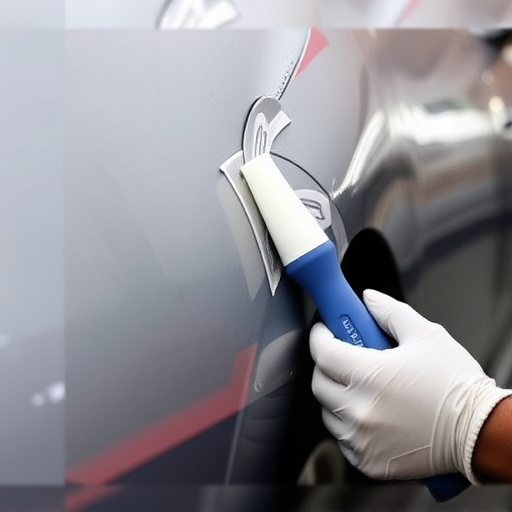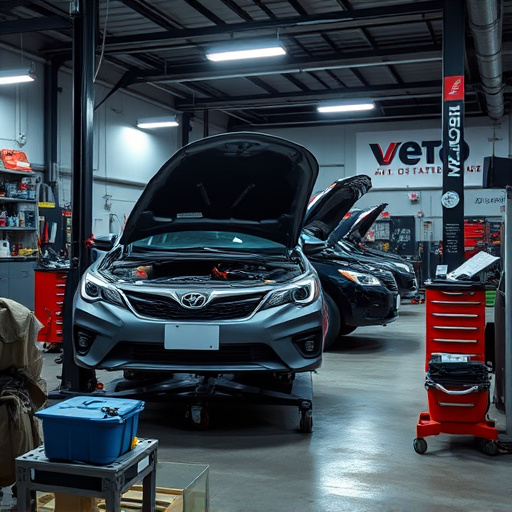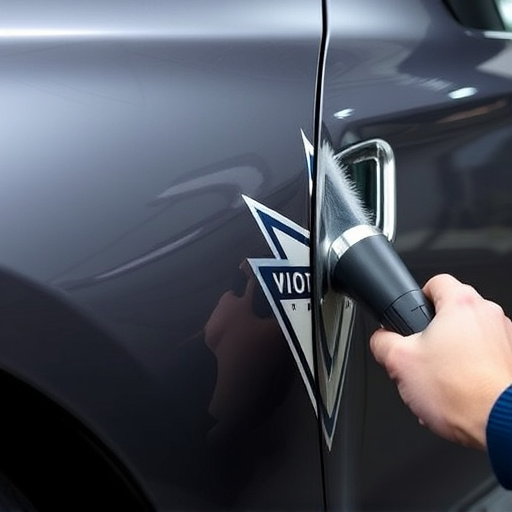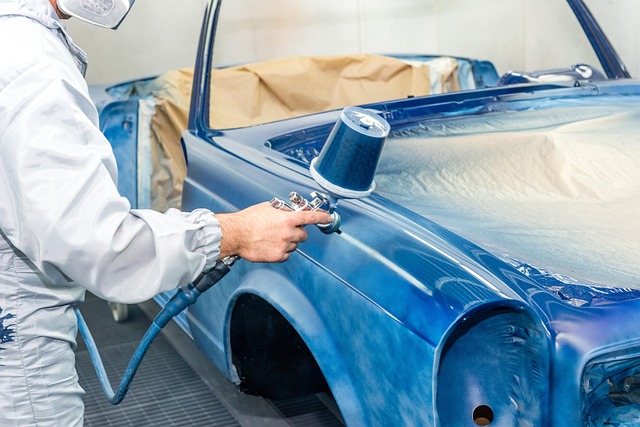Structural damage repair is a meticulous process led by experts assessing and planning repairs for properties damaged by earthquakes, storms, or human incidents. Repairs involve replacing/reinforcing structural components, flooring, roofing, and windows, with comprehensive shops offering additional services like auto body work to restore pre-damage conditions, increase resale value, and comply with safety regulations. Insurance claims require detailed inspections, documentation, and comparisons using industry standards; severe cases may need engineering opinions. Structural repairs significantly impact real estate market dynamics, affecting property values, but growing trends in home sustainability and specialized services indicate increasing acceptance and potential value boosts for well-executed repairs.
Structural damage repair is a critical process that significantly impacts property insurance claims and resale values. This comprehensive guide delves into the intricate world of structural damage assessment, its effect on insurance reports, and the subsequent market implications.
We’ll explore the step-by-step process of repairing structural issues, understand how insurance companies evaluate claims, and analyze the resale value impact on properties with historical structural damage repairs.
- Understanding Structural Damage Repair Process
- Insurance Claims and Assessment Procedures
- Resale Value Impact and Market Insights
Understanding Structural Damage Repair Process

Structural damage repair is a meticulous process that involves assessing, repairing, and reinforcing affected structural components to ensure the safety and integrity of a property. This often begins with an inspection by trained professionals who identify the extent of the damage, whether it’s from natural disasters like earthquakes or storms, or human-induced incidents. Once assessed, the team devises a plan tailored to the specific needs of the structure.
The repair process itself encompasses various tasks, including replacing or reinforcing beams, columns, and walls, as well as repairing or installing new flooring, roofing, and windows. Auto body services and tire services aren’t directly involved in structural damage repair, but a comprehensive car body shop might offer these alongside structural repairs to restore the property to its pre-damage condition, enhancing its resale value and ensuring it meets safety regulations.
Insurance Claims and Assessment Procedures

Insurance claims for structural damage repair are a complex process that involves meticulous assessment and documentation. When a policyholder files a claim, insurance adjusters conduct thorough inspections to evaluate the extent of the harm. They examine the property’s framework, including walls, foundations, and roofs, to determine the necessary repairs. This process often requires specialized knowledge and tools to identify subtle issues within the structure.
Assessing structural damage involves comparing the current state of the property with its pre-damage condition. Adjusters use industry standards and guidelines to ensure accurate evaluations. In cases of severe damage, they might consult with engineers or specialists who can provide expert opinions. This assessment is crucial for determining the cost of repairs and settling claims promptly. Proper documentation, including detailed reports and photographs, is essential for both insurance purposes and when reselling a property, especially after significant structural repairs like those in a car repair shop or Mercedes-Benz repair center involving vehicle bodywork.
Resale Value Impact and Market Insights

When it comes to resale value impact and market insights, structural damage repair plays a pivotal role in shaping the future of real estate transactions. A home’s overall market value is significantly influenced by its condition, with even minor structural issues potentially reducing its appeal and price point. After significant events like natural disasters or severe accidents, homes that require substantial structural damage repair may face challenges in finding buyers willing to invest in such repairs.
However, the landscape is changing. Increasing awareness about home sustainability and the growing popularity of specialized services, such as automotive collision repair for vehicles and car dent removal for bodies, suggest a broader acceptance of repair work as a necessary investment. Market insights indicate that homes showcasing well-executed structural damage repair can command premium prices, demonstrating that addressing these issues proactively enhances resale value rather than diminishes it.
Structural damage repair is a meticulous process that significantly influences both insurance claims and resale reports. By understanding the intricacies of this process, homeowners can better navigate insurance procedures and ensure their properties’ accurate market valuation. Effective structural repairs not only restore homes to their pre-damaged condition but also contribute to a seamless transition when selling, enhancing overall property value in the process.














